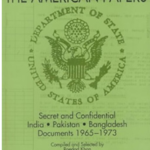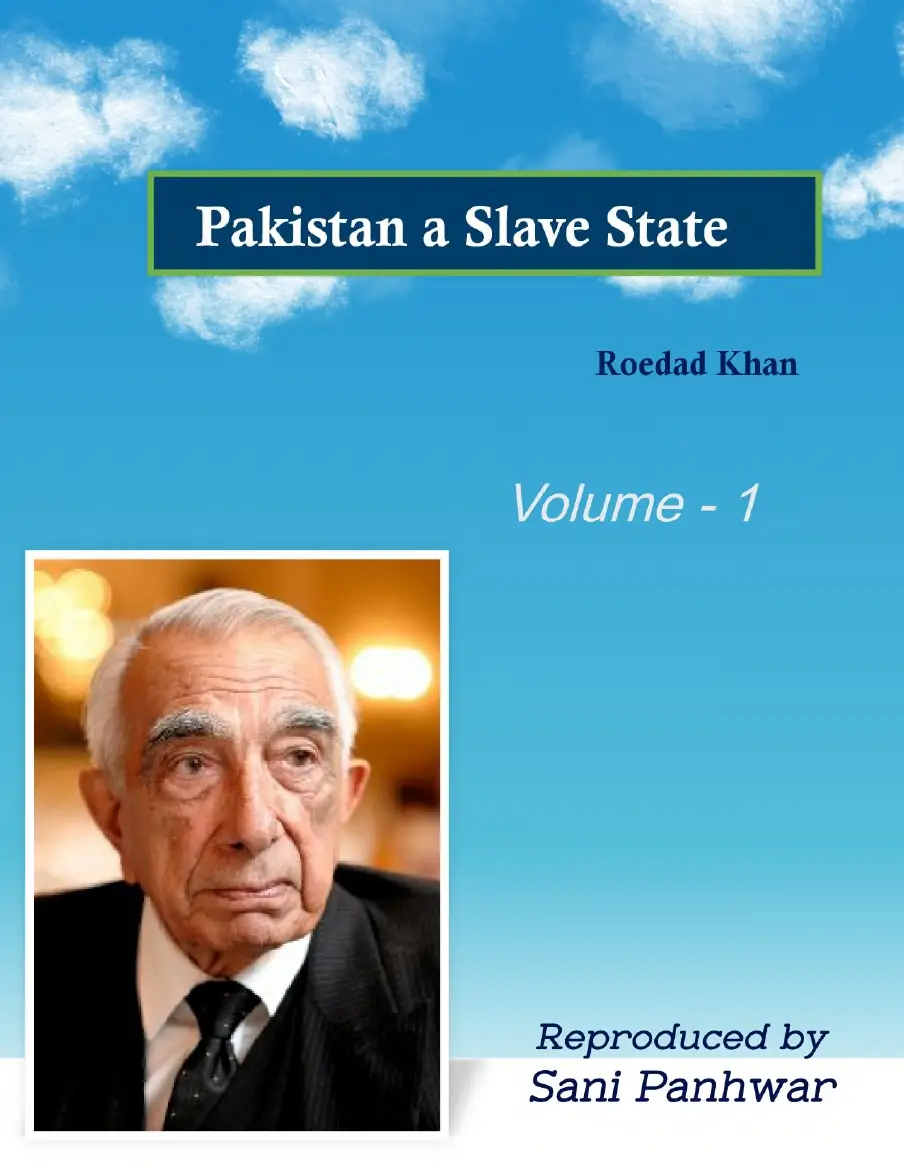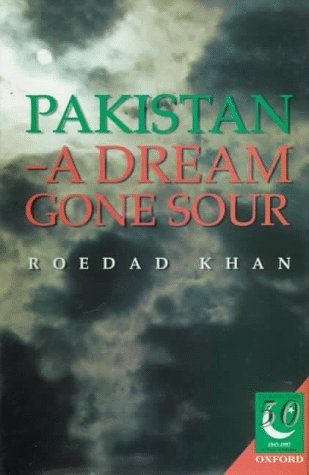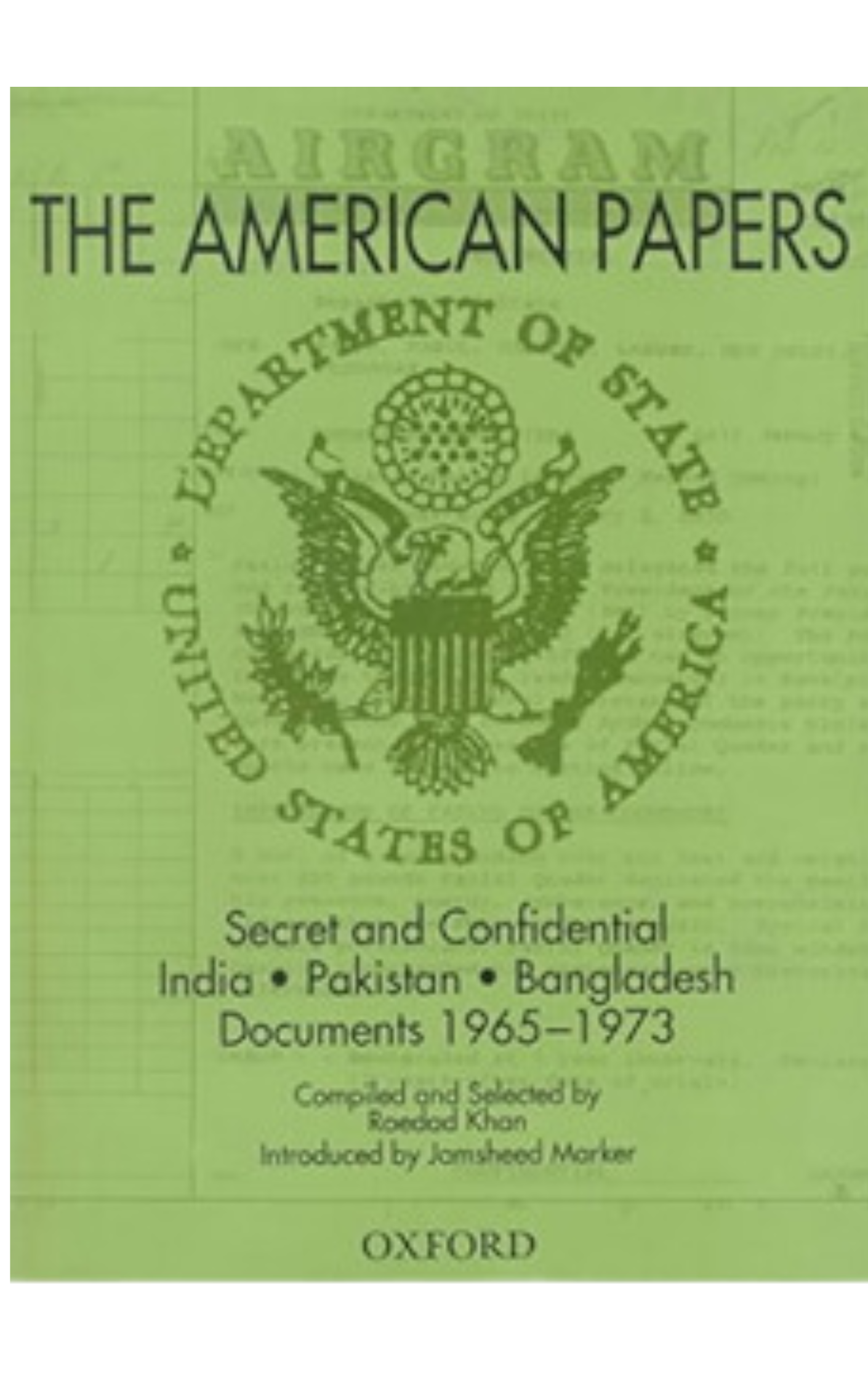
Pakistan A Slave State

The British Papers
July 6, 2016
The American Papers
July 6, 2016
Pakistan A Slave State
I
n 1959, Professor Arnold J. Toynbee was invited by the Peshawar University to
spend a month on the campus to deliver a series of lectures on a subject of his
own choice. I was Deputy Commissioner, Peshawar. Once a week, thanks to my
friend, Abu Kureshi, who was his guide and constant companion, Professor
Toynbee would do me the honour of coming to my official residence on Fort
Road.
Professor Toynbee was a very simple, unpretentious and unassuming man. His
company was a treat and his friendship an honour to enjoy. Meeting him was
like meeting history. Having a conversation with him was a little like getting to
volley with John McEnroe. Trying to keep up was hopeless, but it was
exhilarating just to be on the court with him. Of Toynbee, Allan Nevins wrote:
“Standing on his Everest, he is more than a historian;


